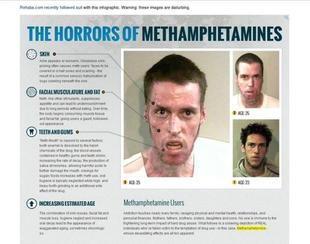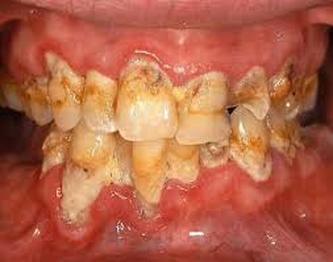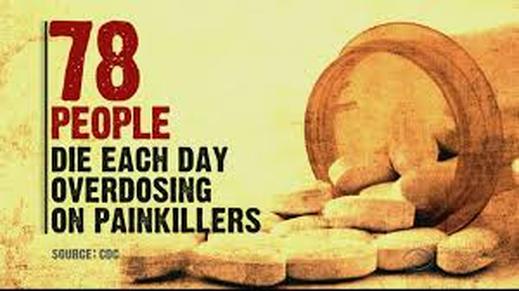Around 43.8 million adults experience a mental ailment in a given year while roughly 10 million are living with a mental disorder. Although these numbers from the National Alliance of Mental Illness are already alarming on their own, the National Center for Biotechnology Information (NCBI) notes that individuals with psychiatric disorders have an increased risk for late-life dementia.
Having a form of mental disorder at a younger age followed by the subsequent development of dementia in a person's latter years is a common occurrence and both have proven to cause a number of problems. Mental disorders and dementia are significant contributors to higher healthcare costs, distress, and the need for professional care. While mental ailments are essentially described as cognitive disorders, some are integral to the causes of dementia in old age. In fact, studies show that dementia is often foreshadowed by schizophrenia and depression.
The Link Between Dementia and Mental Disorders
German neuropathologist and psychiatrist Alois Alzheimer identified delusions, anxiety, discomposure amidst confusion and memory impairment, and hallucinations, as some of the major signs and symptoms of Alzheimer’s disease, a form of dementia. This means that in the beginning, dementia was treated as a cognitive problem.
Like dementia, mental ailments such as depression, bipolar disorder, and schizophrenia are disorders of the brain and according to recent studies, they all cause problems on how a person moves, thinks, and feels. Seniors with dementia experience cognition problems which affects their problem-solving skills and memory. Further studies on dementia and mental disorder share other pertinent similarities. This includes depression, stigma, disengagement, and isolation.
The crux of the matter are the causes of mental health problems and dementia, according to experts. While the factors are complex, dementia and mental ailment often arise due to genetics, biological changes in the brain, and psychological problems.
Dementia in the United States
A New York Times article reports that roughly 7 million Americans are diagnosed with dementia. In fact, 1 in 8 Americans over the age of 65 have Alzheimer’s disease, the fifth leading cause of death in the country for seniors 65 and above. It is interesting to note that due to the similarities of dementia and mental ailments in terms of causes and symptoms, misdiagnosis is rampant. Late onset bipolar disorder, for example, has symptoms that are similar to dementia. This includes delusions, manic behavior, and agitation. Late onset schizophrenia and depression also have similar symptoms.
Mental Health Care and Dementia Care for the Elderly
Despite mental health and dementia awareness in the United States, not all seniors receive specialized care, according to the NCBI. The report adds that there is an urgent need for this type of care to ensure that seniors with mental health or dementia get the treatment they need. If you think that your parent or grandparent is showing early signs of dementia, it is advisable to bring him to a physician immediately.
Written by guest writer - Chrissy Robinson











 RSS Feed
RSS Feed